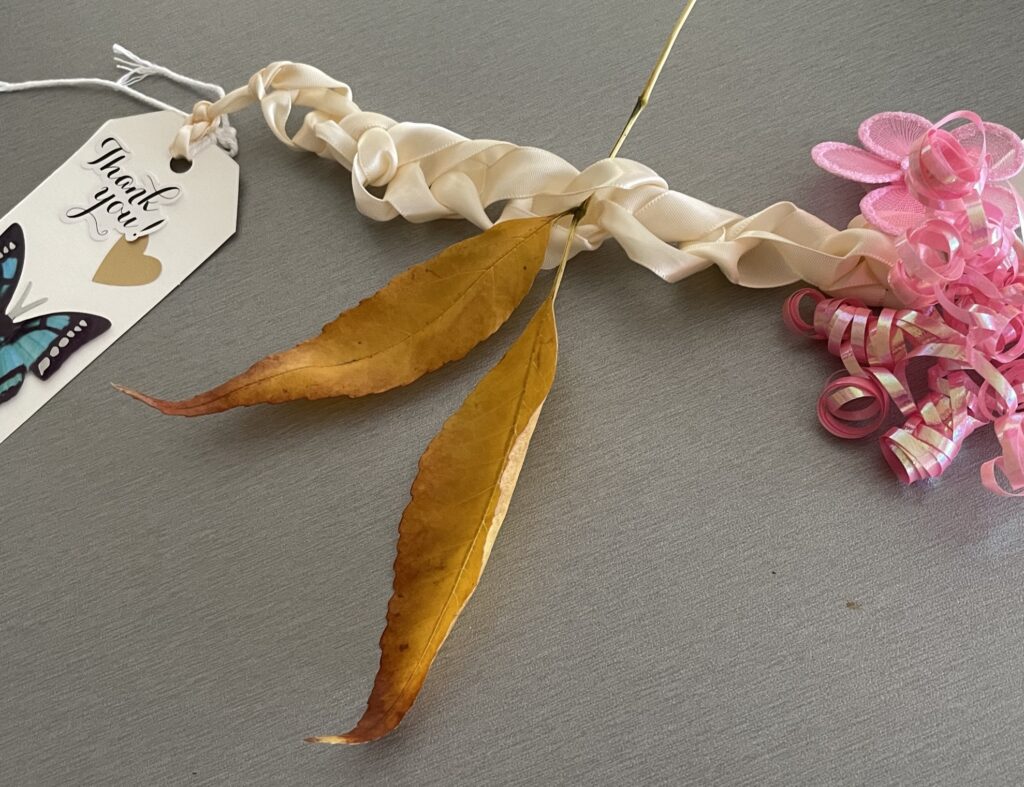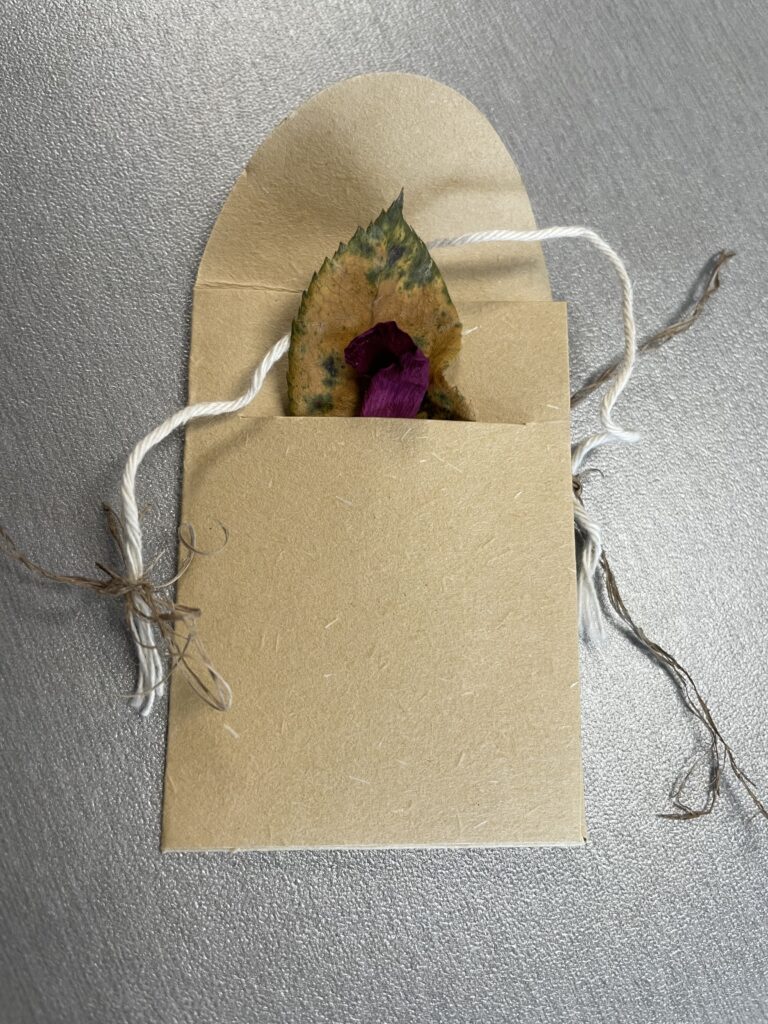For the Fall semester of 2023, I had the opportunity to be a part of the ARTS 4800 practicum and join the Climate+ Challenge (C+ C) Student Advisory Committee. My role with the organization was to provide my perspective on some of the initiatives happening at Kwantlen Polytechnic University (KPU) as a Policy Studies and English major whose experience has been focused on climate learning and social justice. For the Climate Devising Project, I conducted background research, attended two creative collaborative sessions, and assembled this report to share my ideas about what this initiative is, and offer some key takeaways.
The Climate Devising Project is a C+ C initiative that fosters interdisciplinary conversations about climate among people from all backgrounds through the creation of a dramatic performance. This creative project is spearheaded by Dale Tracy, co-coordinator of the C+ C and member of the English department faculty. Anyone at KPU is welcome to join in the process of devising a performance: no special skills, knowledge, or experience necessary. Devising is a collaboration through conversation, learning, improvisation, and play to create something meaningful for participants. The tangible end goal of this project is a co-created performance. However, the time spent imagining together and thinking about climate is the real focus.
Created Objects by Amika and Dale


Key Takeaways:
Interdisciplinary
The idea that climate learning and addressing climate change is inherently interdisciplinary is a core value of the C+ C. An intrinsic part of sustainability is thinking about our own role within complex biodiverse systems, stepping away from an individualistic mindset. A key component of mobilizing people to take action together is to “create powerful networks among diverse communities and within a variety of arts and media” (Feldman 2). This project promotes these values, and strengthens community and culture at KPU by joining people together over a common issue.
In the creative sessions, I met faculty members Paula Hirschmann from the Criminology department, Philip Aghoghovwia from English, and Fabricio Telo from Sociology. The creative sessions provide an opportunity for everyone to engage in activities and thinking about climate, while also being able to connect about projects occurring in each department. While this is a young initiative, I see massive potential for students, staff, and faculty at KPU to come together in this creative way and talk about climate.
Creative
This initiative is unique in the way it aims to engage people in climate learning through play and creativity. The arts are an “intangible cultural resource” which can be utilized to build connections between cultural identity and social transformation (Molina vii). While theatre and performance itself is a form of social action, the time spent imagining together and thinking about climate is the true valuable outcome from this project.
Agency and Empowerment
It can feel easy to succumb to the overwhelming anxiety that comes with learning about climate. Fear of environmental disaster and its consequences are valid and can impact everyone at KPU. Harnessing these feelings as motivation to engage in climate action can be an empowering way to respond to climate anxiety. This project offers an accountable and creative space for people to explore their feelings and share ideas. It is inspiring to see that faculty from all departments at KPU could be part of this creative project, which can empower others to consider their own actions. When people engage in climate action, they are equipped with a sense of agency to tackle the crisis from a more solution-oriented lens.
Works Cited
Feldman, A. E. (2022). Building Communities of Trust. Routledge. DOI: 10.4324/9781003296423
Molina, B. D.-M., Santamarina-Campos, V., Molina, M. D.-M., & Boil-Demenech, R. (2021). Music as Intangible Cultural Heritage: Economic, Cultural and Social Identity. Springer. 10.1007/978-3-030-76882-9